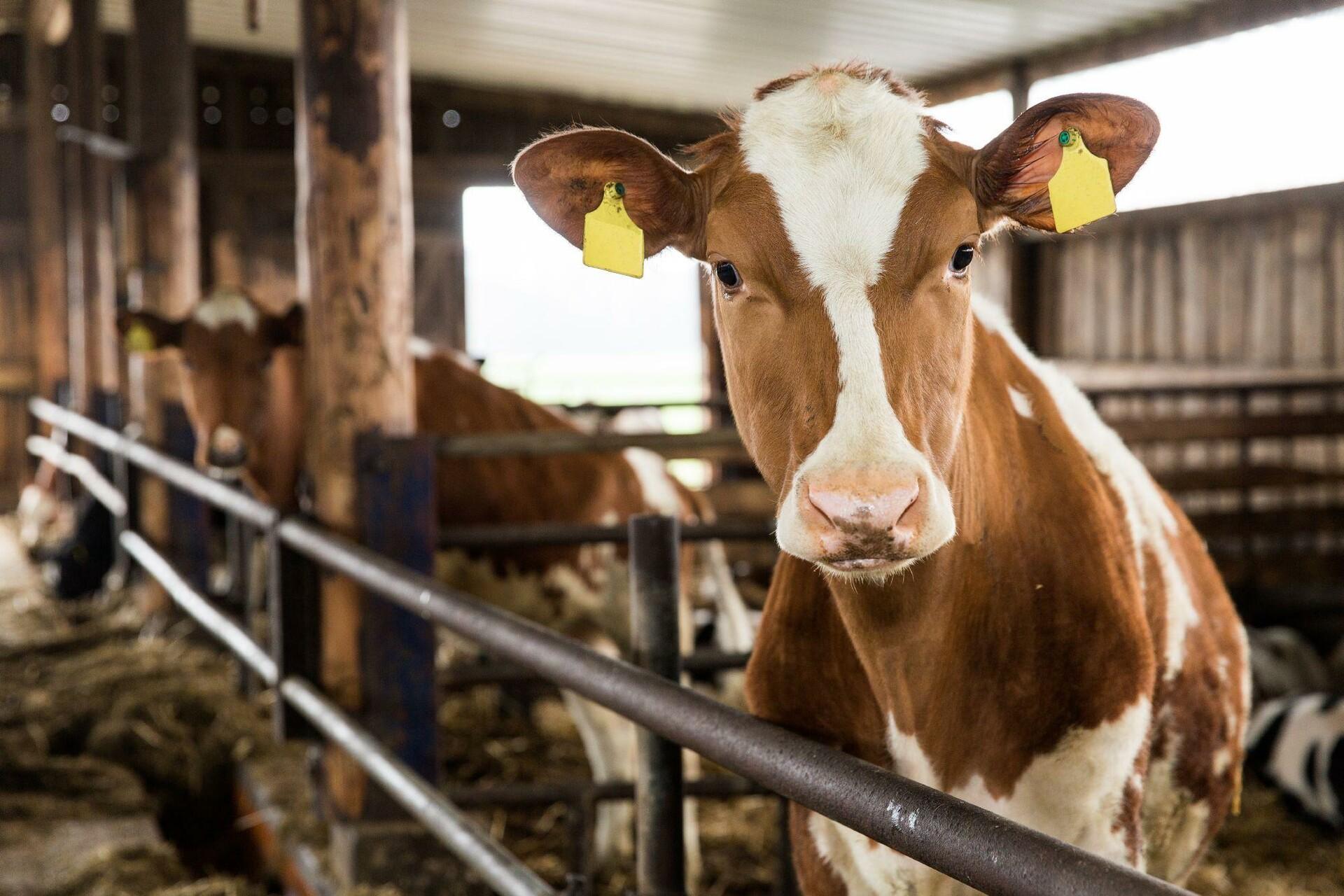
Can we help prevent the next pandemic?
Unmasking the link between food and pandemics
COVID-19 has put the nation in lockdown for over a year now. Whilst there is hope on the horizon with lockdown measures due to be lifted 21st June, now is a critical time to evaluate the root causes of the pandemic and, more importantly, how we can minimise the risk of potentially more serious outbreaks in the future.
Almost 75% of all emerging human infectious diseases come from animals; SARS, Ebola and swine flu to name but a few. These zoonotic diseases account for approximately 2.7 million deaths worldwide each year, all of which stem from the disconnected relationship we have with animals. The commercial wildlife trade, fur farming and the dog and cat meat trade are all risk factors for the next pandemic, yet these issues may feel alien to many of us in the UK. However, a fourth key risk factor is right under our nose.

Industrial Animal Agriculture – Optimum Conditions for Viruses
Our demand for meat, eggs and dairy products is on the rise. Every year, more than 75 billion land animals are intensively farmed and slaughtered on a global scale to feed our habit; this is 10 times the number of humans living on this planet! Now, take a moment to consider that diseases such as diptheria, measles and mumps all originated from domesticated animals. With current trends indicating a 15% increase in industrially farmed animal products by 2028, are we fuelling a ticking time bomb?
Factory farms act as a large-scale zoonotic incubator for disease: thousands of animals crammed into tight, unsanitary spaces induces poor health and high-stress levels in animals, whilst providing the perfect conditions for viruses to emerge, spread and spillover into wild and human populations. COVID-19 may not have originated from factory farms and slaughterhouses, however it has found its way into them and devastated livestock populations across the globe. With its multiple impacts, the current pandemic has highlighted the vulnerability of industrial agriculture systems and opened our eyes to a host of new problems far beyond individual animal welfare.
And it gets worse…
It is not just the physical conditions of factory farms that lend themselves to zoonotic pandemics, but our manipulation of animals for human gain. Antimicrobial resistance is a global health risk that already kills at least 700,000 humans each year, and animal agriculture is the main culprit. Over 70% of antibiotics are used on animals in intensive farms to improve breeding, overcome poor husbandry conditions, and ultimately accelerate growth and therefore profits. In light of this, multi-resistant strains of bacteria are on the rise, and through antimicrobial resistance we could be victim to secondary bacterial infections that we just cannot treat. For example, we all know that undercooked chicken can cause Salmonella and E.coli infections, but did you know that there are already developed strains of these diseases that are resistant to antibiotic treatment due to intensive farming?

How else can animal consumption bring on another pandemic?
Our demand for animal products drives the destruction of ecosystems and in turn a rapid loss of biodiversity. 75% of land on Earth has been impacted by humans, with massive areas of forest being cleared to provide space for animal pastures and crops grown specifically to feed livestock. This deforestation brings us closer to wild animals and their often-unknown pathogens, increasing the chance for cross species viruses to spread into domestic animal populations and, ultimately, human populations.
This encroachment into natural habitats is further exasperated by the consumption and farming of wild animal species. Wild animals hold a plethora of novel pathogens that, when handled, slaughtered and eaten, can easily spread to humans. Pathogens that have been transmitted to humans via wild animal consumption include Ebola, HIV and of course, COVID-19.

So, what does this mean for us?
All it takes is one mutation in a virus from an animal to jump the species barrier and spread to humans. One human, one animal, one virus. Consider how easily this mutation could spread within a factory farm, and the number of humans that come into contact with those animals throughout the process of farming, transport and slaughter? An animal with the mutated virus could be live transported across the sea, now opening this confined case to a global issue. And what is the link between all these stages of transmission? Human interference on animals and the environment.
Identifying and acknowledging the connection between the outdated food system we currently use and the risk factors that could cause a future pandemic is vital to finding the solution. Establishing a food system that eradicates factory farming for high animal welfare conditions and, more importantly, adopting a diet of predominantly plant-based alternatives provides a multi-problem solution. Not only will this diet change reduce the risk of a future pandemic, but it will also help mitigate other major crises caused by animal agriculture such as climate change and antimicrobial resistance.
It is in our hands to help shape a future that will benefit animal welfare, human health and the health of the planet. We have the power to make a difference through the small changes we adopt in day to day life, to ensure we do not live a life in which #TheySufferWeSuffer is a reality.
*This article is based on the work of the ProVeg Food & Pandemics Report: Making the connection – Animal-based food systems and pandemics, which you can read here.


